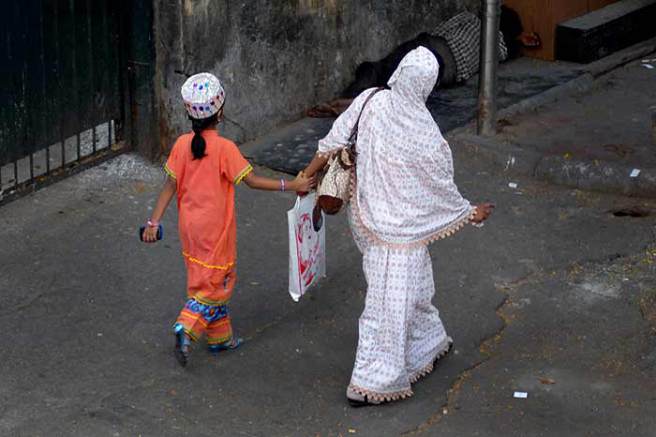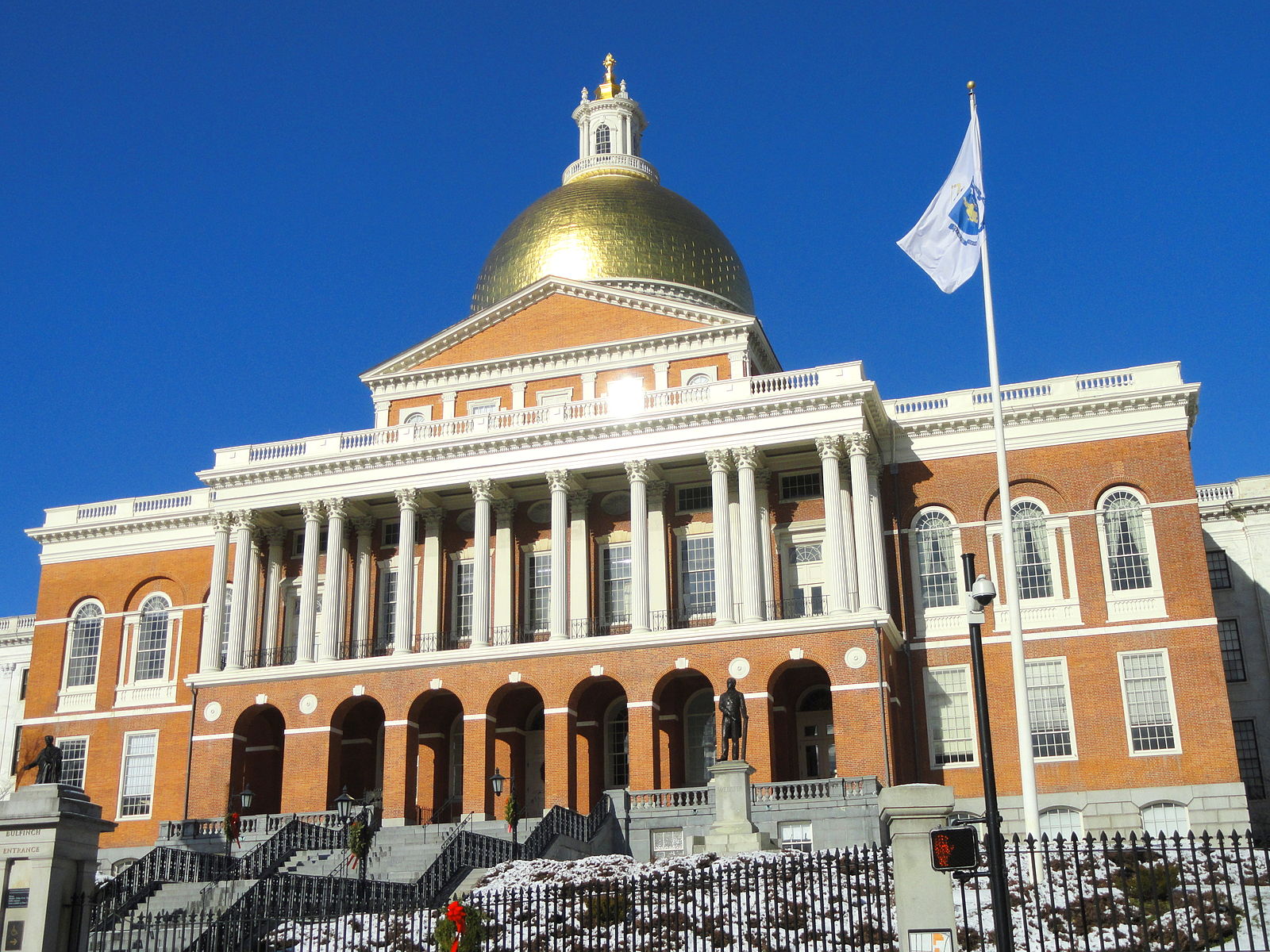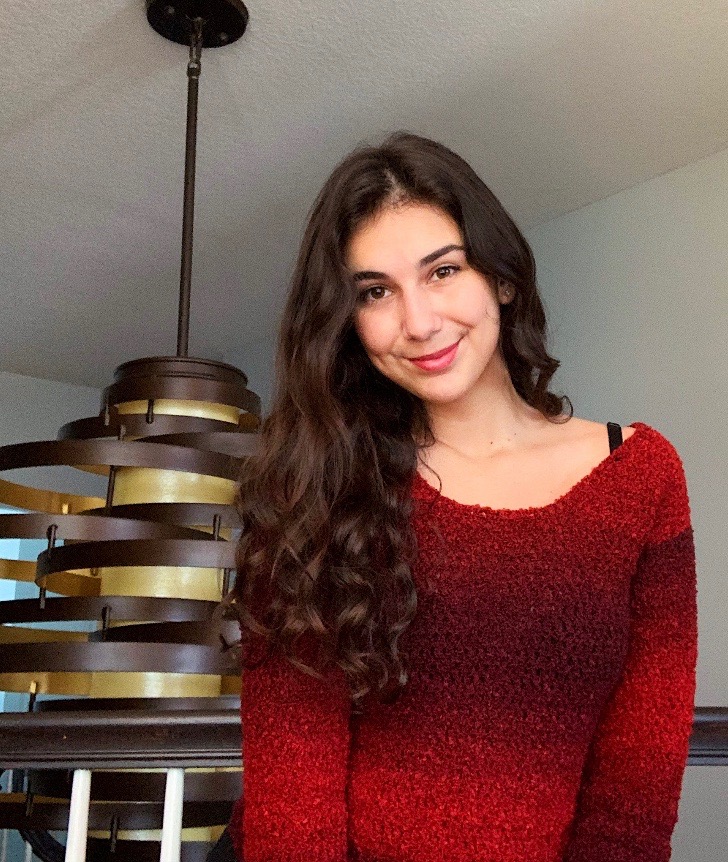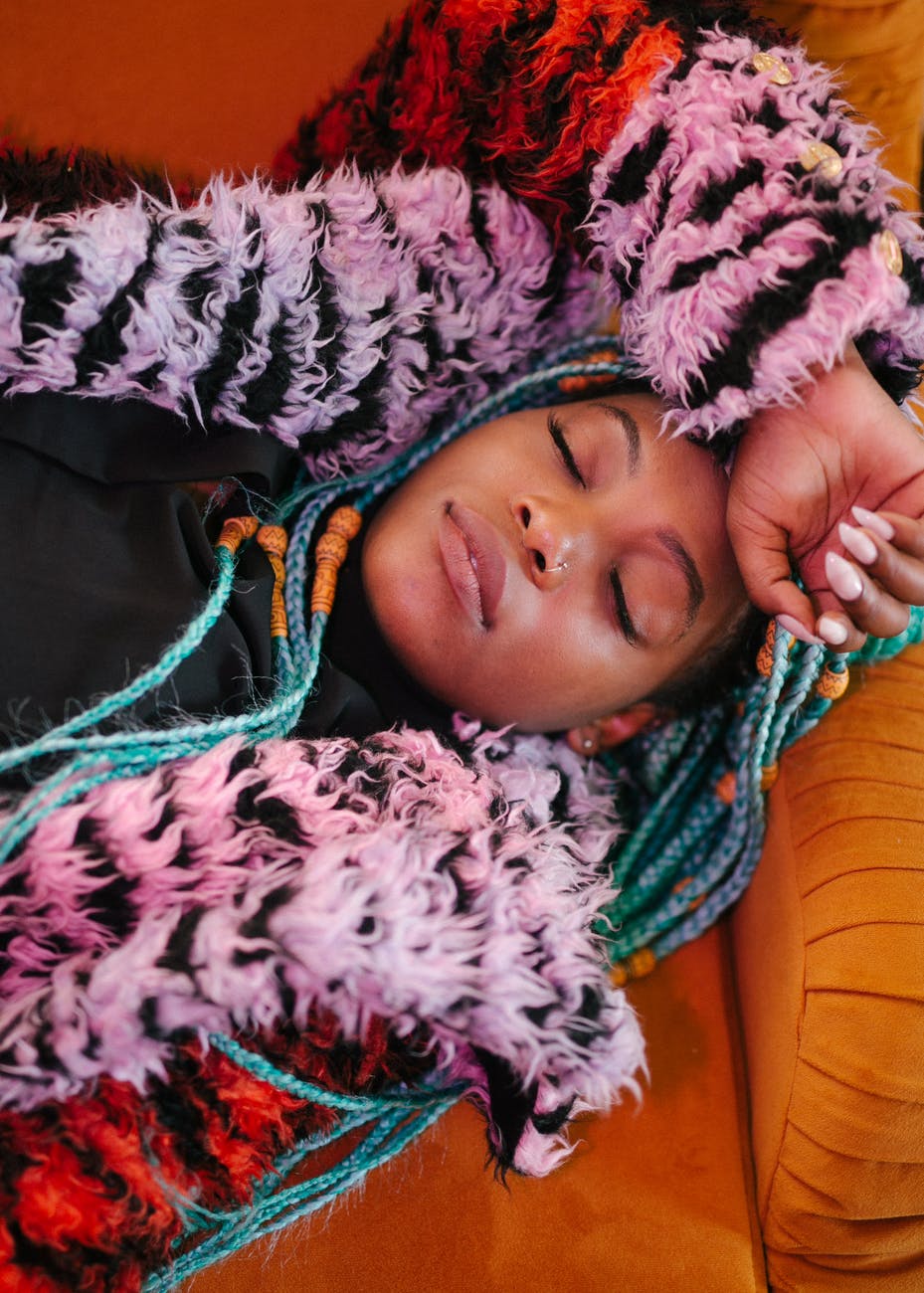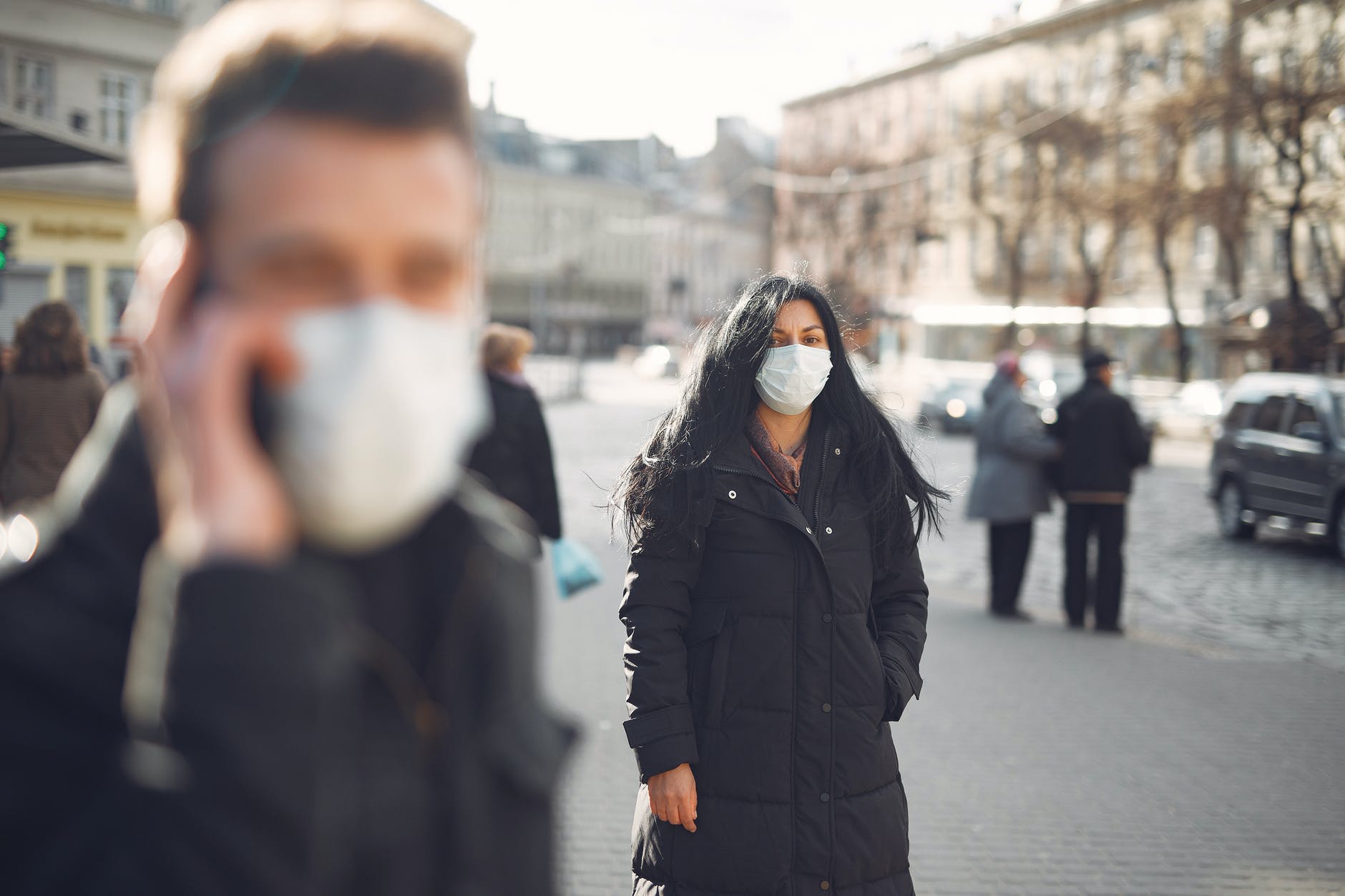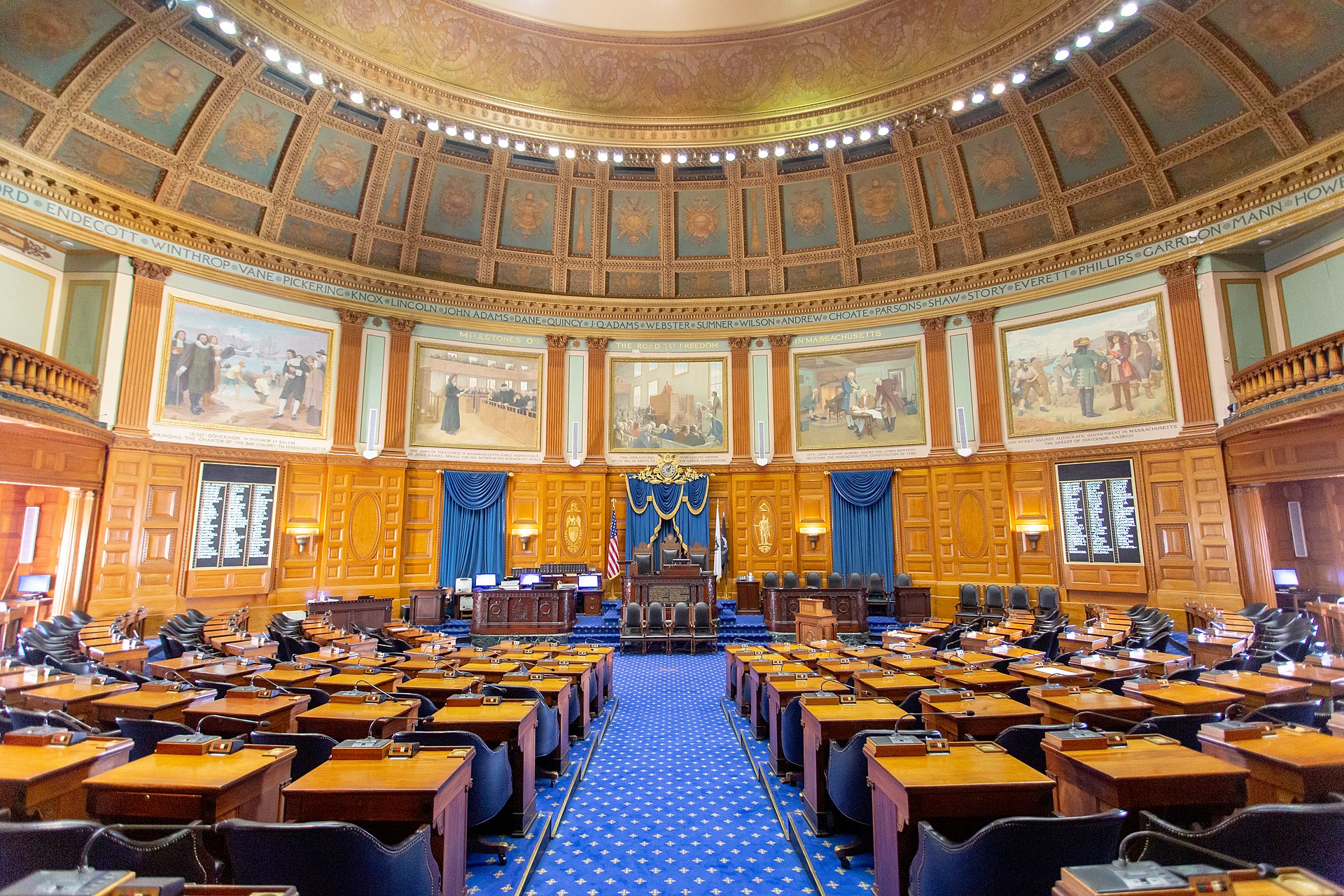by Jenny Cordle
The Crave Foundation for Women selected Sahiyo co-founder Mariya Taher as one of their inaugural recipients for an individual grant in recognition for her work to end female genital cutting (FGC) in Asian communities and beyond. In 2015, she co-founded Sahiyo – United Against Female Genital Cutting, an award-winning, transnational organization with the mission to empower Asian communities to end FGC. She is one of five 2020 grantees.
The Crave Foundation acknowledges that “pleasure is a universal human right that can not be fully realized where there is injustice and violence against women.” The foundation recognizes individuals who are working in the gender-based violence areas of female genital cutting and sex trafficking. Their model is unique in that they provide no-strings-attached grants so that grantees can utilize the grants in the most appropriate way they see fit.
“That is incredibly rare, and I’m brimming with ideas now on how to use these funds to further my work to both support survivors and prevent future generations of girls from undergoing FGC,” Taher said, who is a survivor of FGC.
Taher’s work at Sahiyo focuses on storytelling programs and creating a critical mass of voices against FGC to “create a culture in which survivors can heal by connecting” to work toward creating a society where FGC no longer occurs.
“I’m constantly learning and adapting my work and Sahiyo programs to fit the needs of both survivors and the communities they belong to in which FGC occurs,” Taher said. “For myself, from the very beginning, I started engaging in anti-gender-based violence work because I had both lived experiences with gender-based violence, and also knew so many other individuals who also had experiences of some form of gender-based violence, whether it was female genital cutting, domestic violence, or sexual assault. I understood how both culture, society, and even one’s family could play a part in perpetuating environments in which violence occurred, and I wanted to learn how to undo that violence.”
In addition to her work at Sahiyo, Taher collaborates with the Massachusetts Women’s Bar Association on passing state legislation to criminalize FGC; an endeavor in which FGC activists and lawmakers had two victories when the Massachusetts House of Representatives and the Senate recently passed bill H.4606 – An Act Relative to the Penalties for the Crime of Female Genital Mutilation. The bill is now on Governor Charlie Baker’s desk to be signed into law. Taher also creates community education and outreach programs within the state on this issue.
Taher serves on the steering committee for the U.S. End FGM/C Network. In 2018, Taher received the Human Rights Storytellers Award from the Muslim American Leadership Alliance. The Manhattan Young Democrats honored her as a 2017 Engendering Progress honoree, and ABC News did a special feature on her, entitled: Underground: American Woman Who Underwent Female Genital Mutilation Comes Forward to Help Others.
Taher has worked in the gender-based violence field for over a decade in the areas of teaching, research, policy, program development, and direct service. She has worked at Saheli, Support and Friendship for South Asian Women & Families, W.O.M.A.N., Inc., Asian Women’s Shelter, San Francisco Department on the Status of Women, San Francisco State University, and was a 2014 Women’s Policy Institute Fellow through the Women’s Foundation of California.
During her journey as an advocate, she has learned that change takes time.
“We all want change to happen quickly – particularly on issues in which violence is connected to children – but being an advocate teaches you that change is slow,” Taher said. “It doesn’t mean you won’t feel frustrated, and that there won’t be days when you want to just give up. Change will come. Every time I hear a survivor share her story out loud or learn someone has forgone having the practice done on their daughter – even each time that I learn an individual is joining this line of work because they want to make a difference, shows me that change is occurring and people care. All those examples give me hope, and it’s why I keep at this work.”
Sahiyo co-founders include Aarefa Johari, Priya Goswami, and Insia Dariwala.


